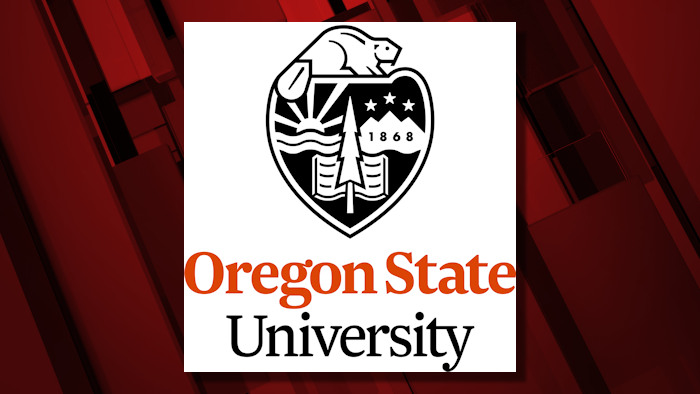CORVALLIS, Ore. (KTVZ) — Three grants from the National Animal Health Laboratory Network will allow the Oregon Veterinary Diagnostic Laboratory housed at Oregon State University to continue to expand its role in responding to large disease outbreaks in the Pacific Northwest.
The laboratory’s primary purpose is to test and diagnose animal diseases, including infectious diseases in agricultural animals. However, when the COVID-19 pandemic first hit, the OVDL assisted with the testing of human samples as well, at a time when testing capacity in Oregon was severely limited.
“We’ve really illustrated that animal testing and human testing are one and the same, and our capabilities in large-scale animal testing translate to human testing,” said Justin Sanders, an assistant professor in OSU’s Carlson College of Veterinary Medicine and one of the principal investigators on OSU’s TRACE project, which tracks the presence of COVID-19 throughout the state. “Maintaining those capabilities for the future and building on them is critical.”
Each of the three grants addresses a specific facet of the lab’s emergency response work. Together, the grants total $675,155. The first will pay for a series of practice exercises designed to improve inter-agency coordination and spot any gaps in the OVDL’s current preparedness for regulatory testing.
The project includes table-top exercises that simulate an outbreak, followed by boots-on-the-ground exercises where pretend samples will be physically processed in the laboratory.
“The boots-on-the-ground exercises are particularly valuable not only for troubleshooting, but also training personnel at the OVDL and agencies working closely with the OVDL,” said Christiane Löhr, a professor in the veterinary college and a diagnostic pathologist.
The second grant will help the OVDL incorporate the new equipment it acquired for SARS-CoV-2 testing into existing emergency testing workflows so it can expand its animal disease testing, as well as implement rapid sequencing of pathogens at the lab.
The third will streamline data transfer between the OVDL and the national laboratory network, and improve communication around disease surveillance and emergency response.
“We certainly learned lessons in the pandemic that we’re applying in all these projects,” Sanders said.
The more quickly diagnostic laboratories can respond to an emerging disease, the better they can contain and minimize its impact, said Donna Mulrooney, quality assurance manager at the lab. For example, she said, labs across the U.S. are currently on alert for African swine fever, a virus deadly to pigs that has not yet entered the country but could severely hurt swine exports and domestic herds.
Oregon’s economy, in particular, is largely based in agriculture, Sanders said.
“So any of these outbreaks have the potential to really jeopardize the economy of the state, not to mention our food supply,” he said. “The ability to rapidly identify and respond to agriculturally important pathogens and wildlife pathogens is critical to the economic health of the state.”
Article was originally published by KTVZ.

